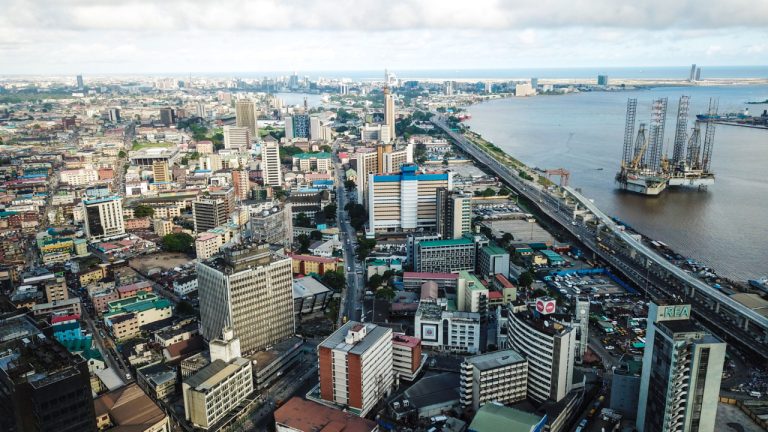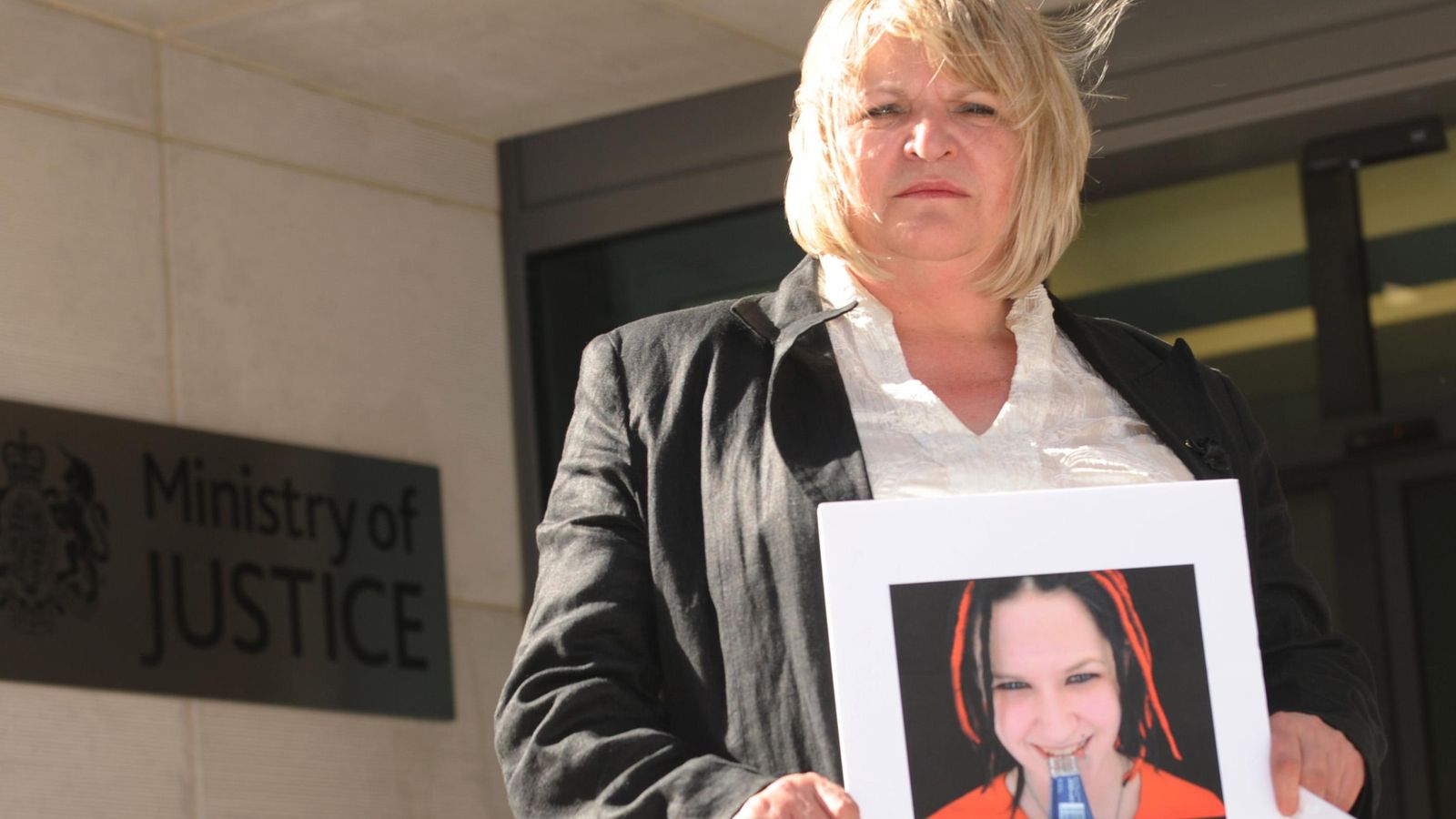
A Nigerian official recently said the foreign exchange-starved country plans to include “legitimate” market participants like bureaux de change and financial technology companies in the official forex currency market. Finance Minister Wale Edun also said the country will receive $10 billion in inflows in the next few weeks.
Nigeria Contemplates Outlawing Forex Parallel Market
Nigeria is planning to broaden the official currency market to include “legitimate” participants such as bureaux de change and financial technology companies, Taiwo Oyedele, a member of President Bola Tinubu’s committee on fiscal policy and tax reforms, has said. Oyedele, who spoke at the Nigerian Economic Summit on Oct. 23, revealed that the government is also considering making it illegal to trade on the foreign currency parallel market.
The comments by Oyedele, who chairs the reforms committee, came on the same day when the local currency plunged to a low versus the U.S. dollar on the parallel market. According to a Bloomberg report, the Nigerian currency fell to 1,215 naira for every dollar on the parallel market. On the same day, the dollar-to-naira exchange rate on the official market stood at 1:795.
The naira’s latest slide versus major currencies came just a few weeks after the Central Bank of Nigeria (CBN) removed import restrictions on 43 items. As reported by Bitcoin.com News, the Nigerian central bank hoped the removal of the restrictions would slow down the naira’s depreciation on the parallel market.
Authorities Expecting $10 Billion in Inflows
Despite these and other steps taken by the CBN, the naira has lost ground versus the dollar and looks set to continue. Some now fear the local currency may be on course to breach the 2,000 mark. However, Oyedele said a lack of sufficient liquidity may be the reason why the naira is still falling.
“We currently have a market that is not working and it’s not going to work in its current format. We don’t have sufficient liquidity even if you combine the parallel and the official markets,” Oyedele said.
Meanwhile, the Nigerian Finance Minister Wale Edun reportedly said the country would receive foreign currency inflows of $10 billion in the next few weeks. Still, Edun did not share details concerning the anticipated inflow which he described as a “line of sight.”
Register your email here to get a weekly update on African news sent to your inbox:
What are your thoughts on this story? Let us know what you think in the comments section below.







